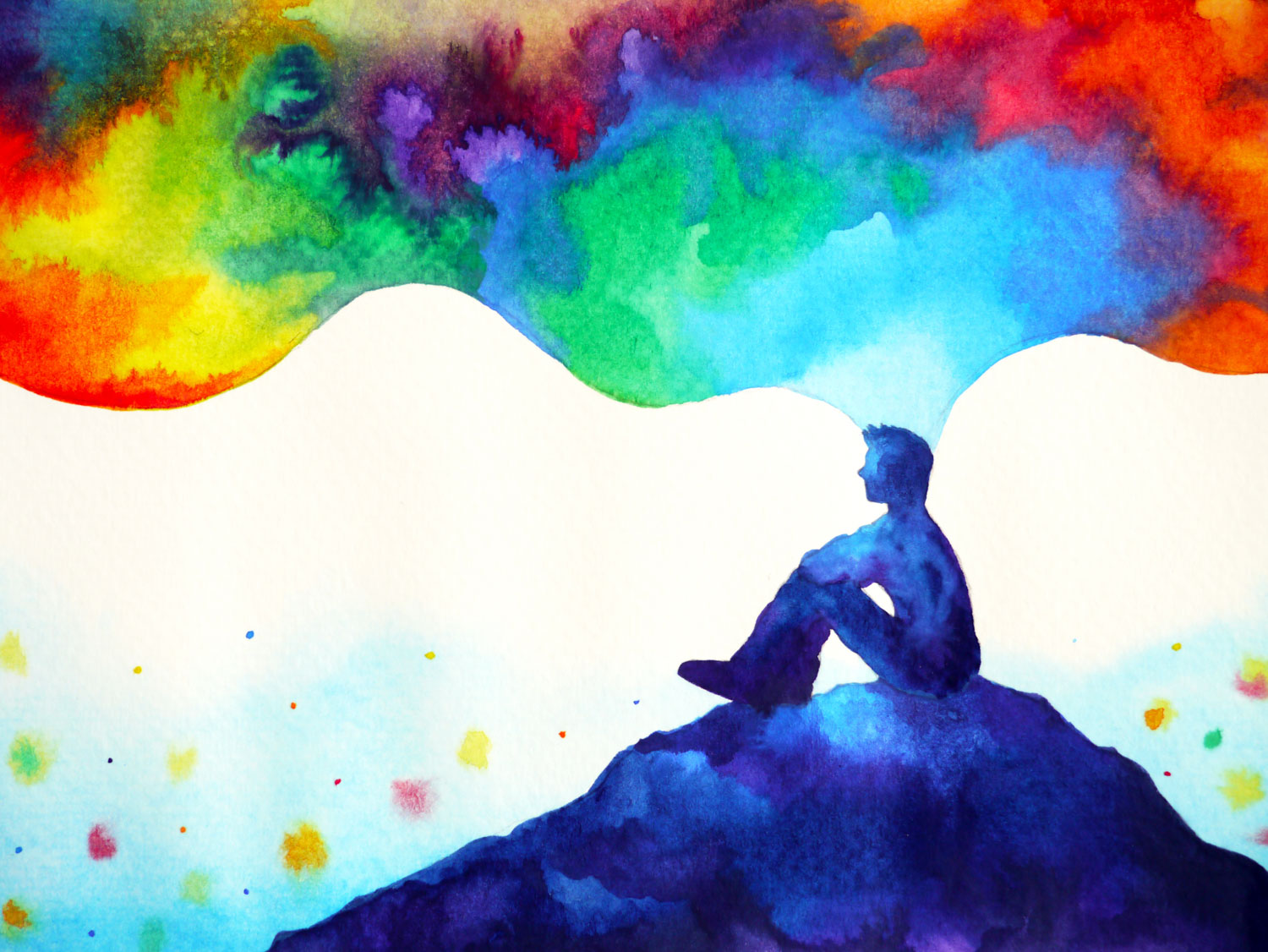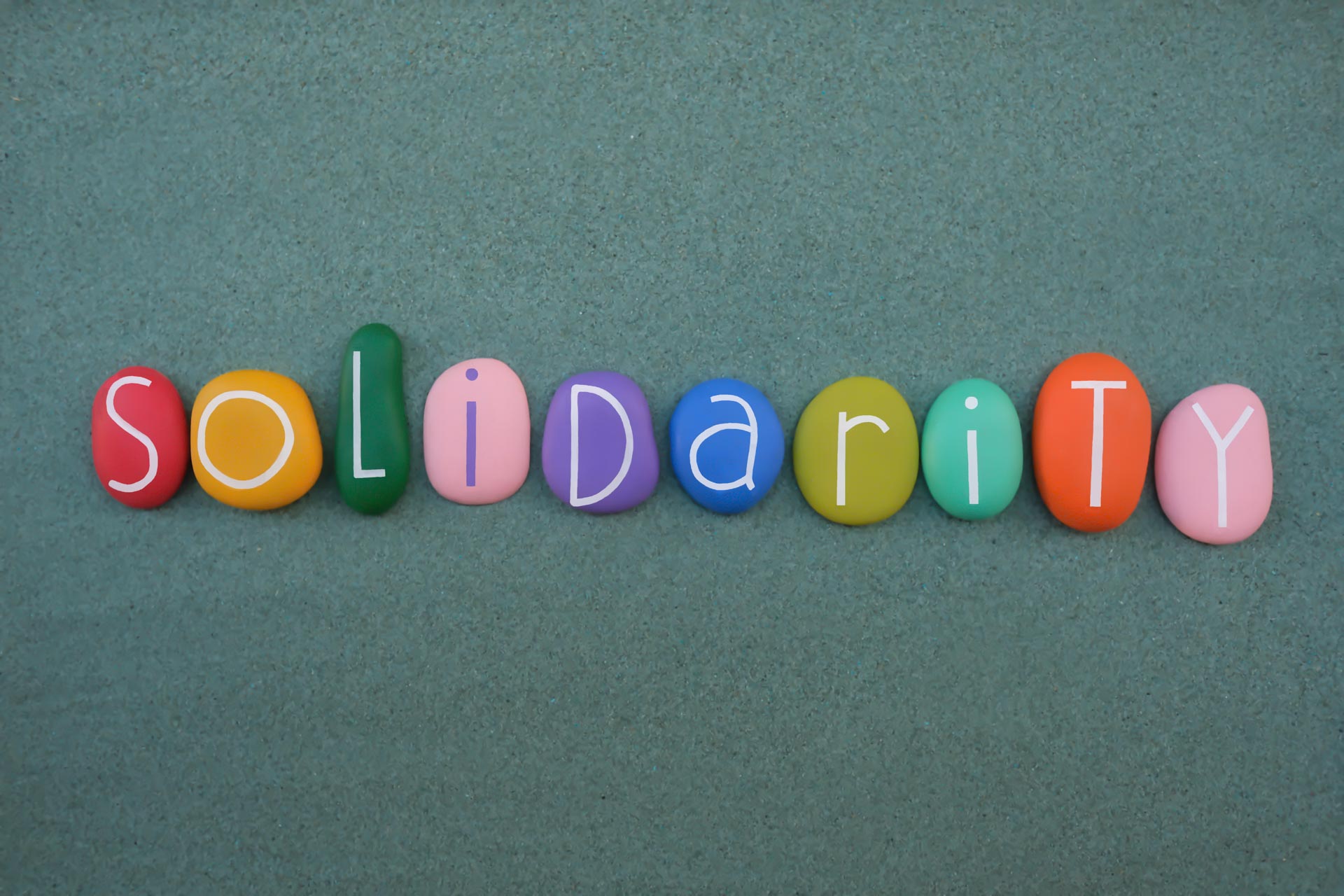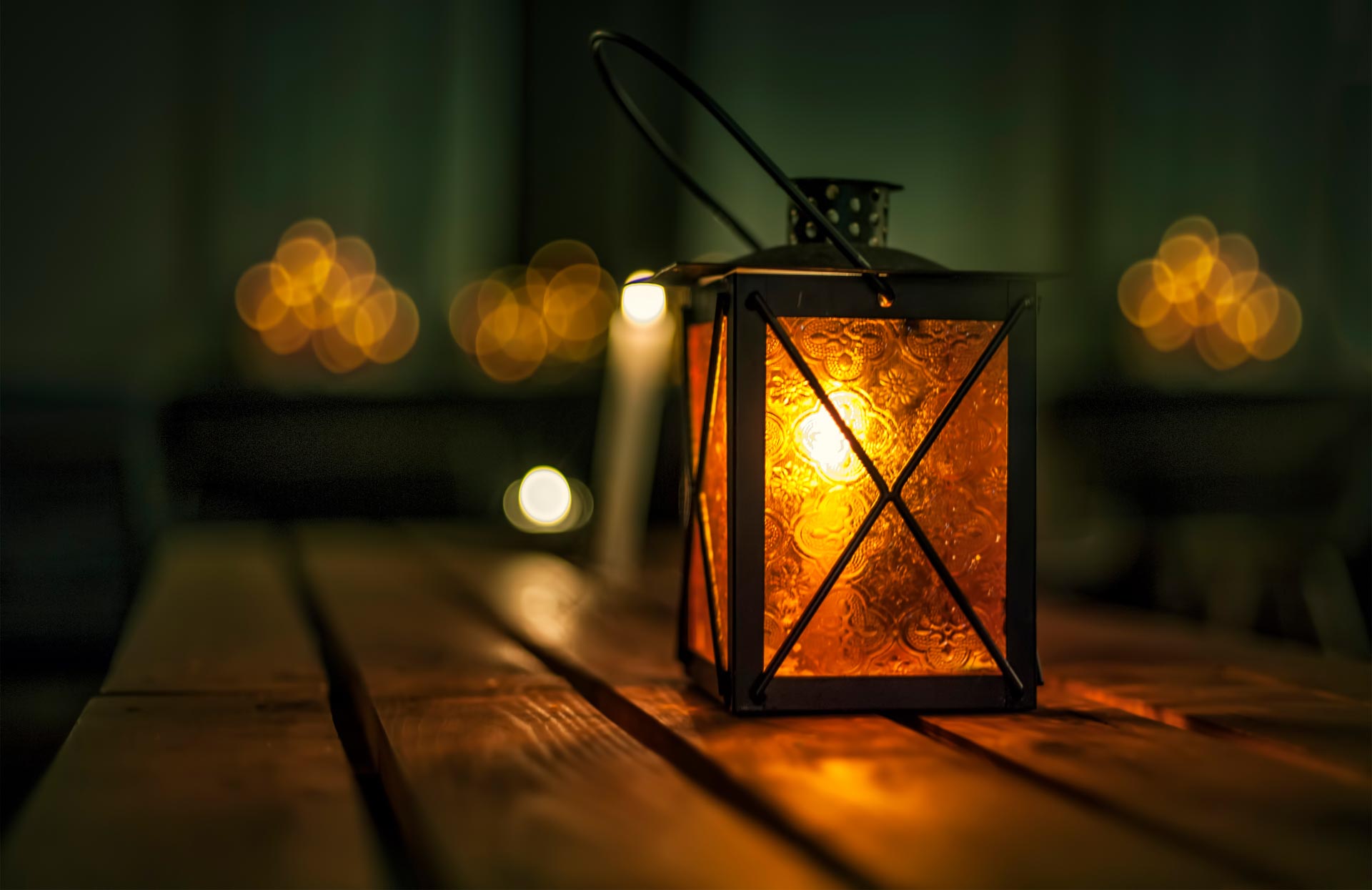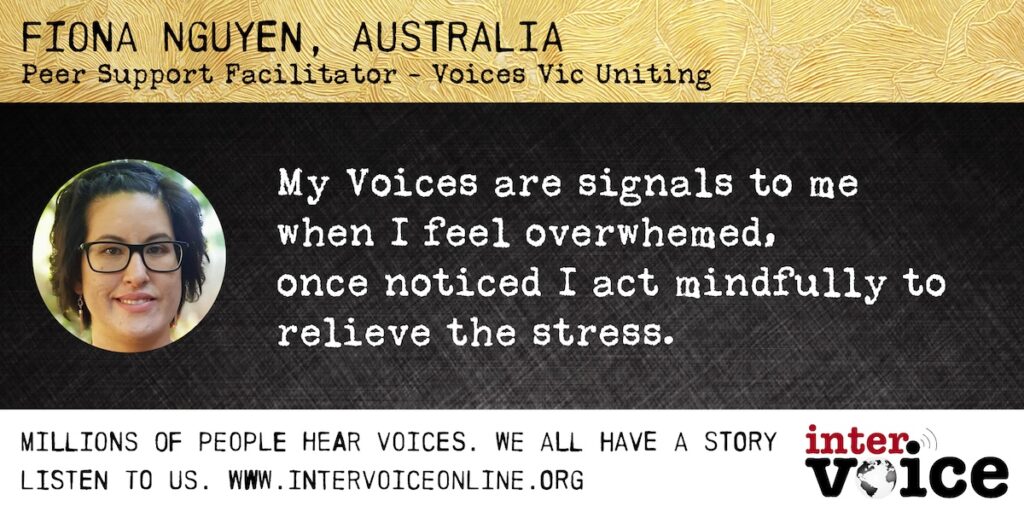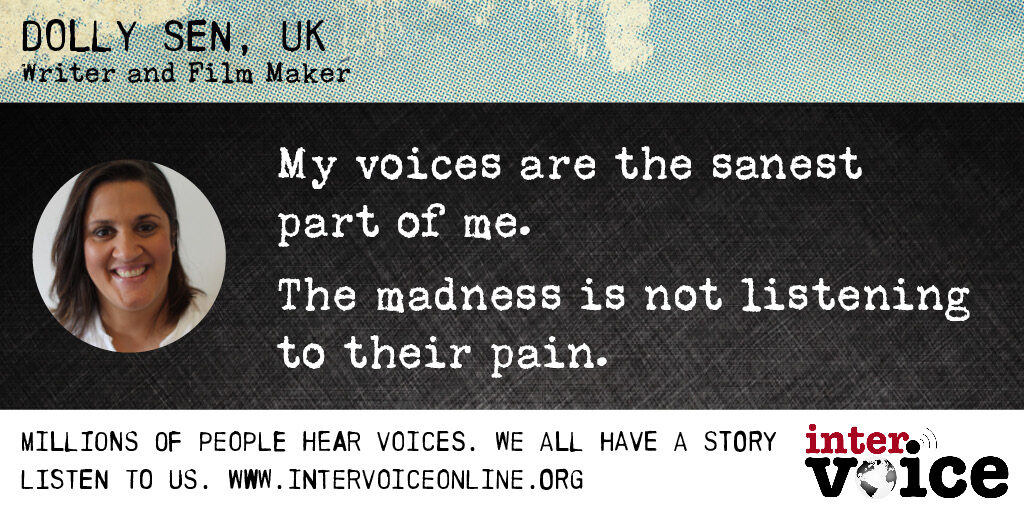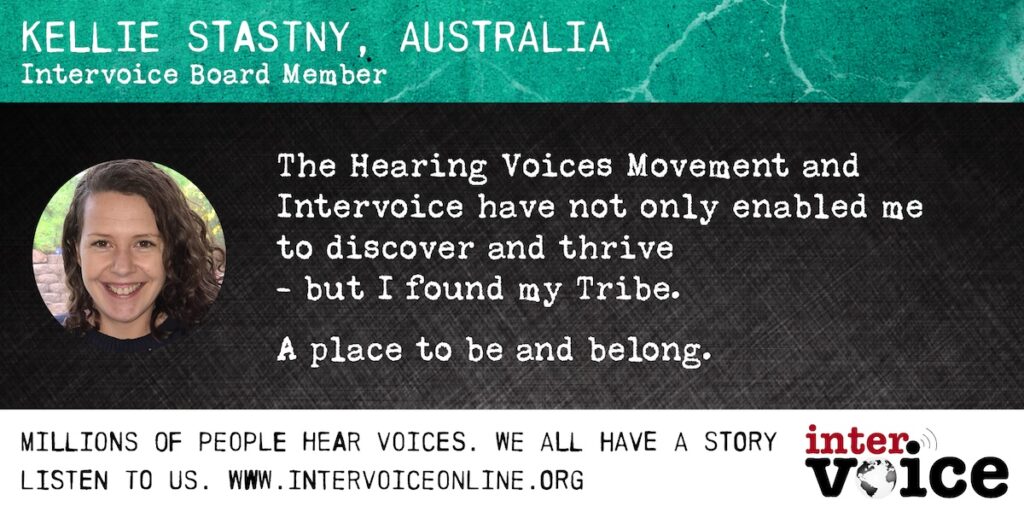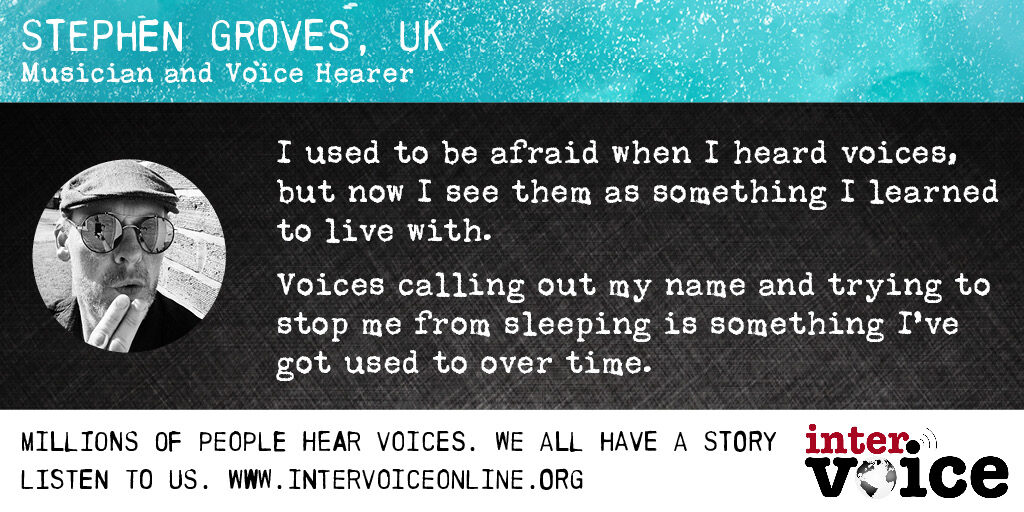The stepping stones to recovery
Any recovery journey has a beginning, and for me the beginning was my meeting with Lindsay Cooke my support worker, it was her who encouraged me to go to the hearing voices self-help group in Manchester at the start of 1991. It was her not me who believed that a self-help group would benefit me. It was her who saw beneath my madness and into my potential, it was her faith in me that kick started my recovery and it is to her that I owe an enormous debt.
There are other essentials required for a journey to be successful; one of these is the ability to be able to navigate to your desired destination. In this I was fortunate not to have one navigator but many. In this section I will mention only five of them. The first is Anne Walton a fellow voice hearer who at my very first hearing voices group asked me if I heard voices and when I replied that I did told me that they were real. It does not sound much but that one sentence has been a compass for me showing me the direction I needed to travel and underpinning my belief in the recovery process.
The second is Mike Grierson; Mike was the person who navigated me through my first contact both with my voices and with society. He encouraged me to go out and socialise with people who had nothing to do the psychiatric system. He also took me to places like the cinema and classical concerts which reawakened my love for the arts. Mike was not only my social navigator he was also one of the people who helped me to focus on my voices in a way that allowed me to explore my experience.
The third and fourth are Terry McLaughlin and Julie Downs, Terry and Julie were my navigators back to normality, they rekindled my interest in politics and took me into their family without reservation. It was with Terry that I developed much of my early thinking around training and mental health. With Julie i developed training packages and now with my wife Karen I am continuing to develop training packages, which we use to explore the world of mental health.
My fifth person is Paul Baker another of my navigators on the road to recovery, Paul who brought the hearing voices network to the United Kingdom encouraged me to become involved in the network, then when the time was right handed over the development of voices groups to me. To all of my navigators Anne, Mike, Terry, Julie and Paul I owe my sanity.
Navigators require a map or a plan from which to navigate, and I have been fortunate for the people who were my map makers, were Patsy Hage, Marius Romme and Sandra Escher. I do not believe that these three fully understand what they have done. Little did Patsy know when she read the book by Julian Jaynes that the questions this would make her ask were going to affect so many people indeed It is because of her questions that the hearing voices network and resonance and other networks throughout the world exist today. Whether she wants it or not she has a premier place in the history of the hearing voices movement.
Sandra Escher is without doubt the person who made sure that ordinary people could understand the maps that were being made. Her ability to put across the message in language that is accessible to everyone has meant that their work has not remained in the world of academia but has been used by voice hearers from the very beginning. Sandra and Patsy have played a very important part in my recovery.
The final map maker is Marius Romme, Marius who in his own words is a traditional psychiatrist, is without doubt one of the greatest map makers who it has been my good fortune to know. When he listened to Patsy Hage and explored what she was saying it was then in my opinion he stopped being a traditional psychiatrist. When he asserted in public for the first time that hearing voices was a normal experience and that voice hearing was not to be feared he stopped being a traditional psychiatrist. When he continued his work despite being ridiculed and criticised by his peers he stopped being a traditional psychiatrist and in my opinion became a great psychiatrist.
To Patsy, Sandra and Marius I only owe one thing and that is my life.
Up to this point I have mentioned nine people who have been participants in one way or another in my recovery journey and therein lies the first stepping stone to recovery; people.
If I were to name all the people who have played a part in my recovery the list would be massive. The other thing about this list would be the fact that the majority on it would not be professionals. One of my fundamental beliefs about recovery is the premise that recovery cannot and does not happen in isolation. Nor can it happen if all our relationships are based on a professional and client interaction. Recovery is by definition wholeness and no one can be whole if they are isolated from the society, in which they live and work.
For many years I had argued that there is no such thing as mental illness this has lead me into some interesting debates with people over the last few years. One of these debates was with Marius Romme, during this discussion it became clear, that Marius was not arguing a case for biological illness, what he in fact was saying was that illness could be expressed as a persons inability to function in society. This I can accept as it means that recovery is no longer a gift from doctors but the responsibility of us all.
This raises the question of whether society is prepared to take any kind of responsibility for the recovery of people with mental health problems. I am of the opinion that they will not, for in our sophisticated culture we too have bought into the notion of a biological explanation for mental health. I suppose that my expectations of society might appear to be to high, but that must be seen in the context of those societies that do accept responsibility for those amongst them who become mad.
For Example in the Aboriginal Culture when someone goes mad the whole tribe comes together to discuss what the tribe has done to cause the person to be mad. Can you imagine this happening in our cultures? I think not. When someone goes mad in our culture it is off to hospital with them. It is not a gathering of the local community that gets together to decide what is wrong with the community. It is a ward round made up of so called experts who get together often without the person concerned being present who decide both what is wrong with the client and how it will be treated. This scenario, alas all to familiar, does not hold out much chance of recovery for the client. It is an impersonal rather than a person centred way of approaching the problem. Within this scenario recovery is objective not subjective and the person is no longer a real factor in the process.
If people are the building bricks of recovery then the cornerstone must be self. I believe without reservation that the biggest hurdle we face on our journey to recovery is ourselves. Recovery requires self-confidence, self-esteem, self-awareness and self-acceptance without this recovery is not just impossible it is not worth it.
We must become confident in our own abilities to change our lives; we must give up being reliant on others doing everything for us. We need to start doing these things for ourselves. We must have the confidence to give up being ill so that we can start being recovered. We must work at raising our self esteem by becoming citizens within our own communities despite our communities if need be. We are valued members of our societies and we must recognise our value. We need to recognise our own faults the system may have created our diagnoses, but often it is ourselves who reinforce it. We need to be aware of our learned behaviour, this should be part of our old lives. We need to change those behaviours that still trap us in our roles as patients. We need to accept and be proud of who and what we are, I can honestly say my name is Ron Coleman and I am psychotic and proud. This is not a flippant statement, this is a statement of fact.
I am convinced that when we grow confident about who and what we are; we can then be confident about who and what we might become. For me these four selfs; self-confidence, self-esteem, self-awareness and self-acceptance are the second stepping stone on the road to recovery.
The third step is closely related to the second and it is rooted in our own status. I believe that we ourselves have a great deal of say in our own status. We can choose to remain victims of the system, we can choose to continue to feel sorry for ourselves, we can choose to remain the poor little ill person who requires twenty-four hour care from professionals. On the other-hand we can choose a different direction, we can choose to stop being victims and become victors, we can choose to stop feeling sorry for ourselves and start living again, we can choose to stop being the poor little ill person and start the journey of recovery. This for me is the third stepping stone choice. When we thought of ourselves as ill it was easy to let others make our choices. The recovery road however demands that we not only make our own choices but that we take responsibility for all our choices good and bad. As we make choices we will make mistakes, We must learn to see the difference between making a mistake and having a relapse. For it is the easy option to go running back to the psychiatric system when we make mistakes. Rather than face our own weaknesses we fall into the trap of blaming our biology rather than our humanity. If people are the building blocks of recovery and self is the cornerstone then choice is the mortar that holds the bricks together. There is one other stepping stone in the recovery process and that is ownership. Ownership is the key to recovery, we must learn to own our experiences whatever they are. Doctors cannot own our experiences, psychologists cannot own our experiences, nurses, social workers support workers, occupational therapists, psychotherapists, carers, and friends. Even our lovers cannot own our experiences. We must own our experiences. For it is only through owning the experience of madness can we own the recovery from madness.
The journey through madness is essentially an individual one, we can only share part of that journey with others, most of the journey is ours and ours alone. It is within ourselves that we will find the tools, strength and skills that we require to complete this journey for it is within ourselves that the journey itself takes place.
Recovery has become an alien concept, yet nothing I have talked about so far is based on rocket science, rather it is based on common sense, it is not anything new, it is merely a reiteration of a holistic view of life. We need to realise that sometimes we, all of us make things much more difficult than they need to be. It is almost as if we need life to be a rocket science that we can never understand. We seem to spend much of our time making the complexities of living even more complex through our appliance of scientific objectivity rather than exploring our lives through the simple mechanism of personal subjectivity. The time has come to have a close encounter with an alien concept it is time for recovery.

